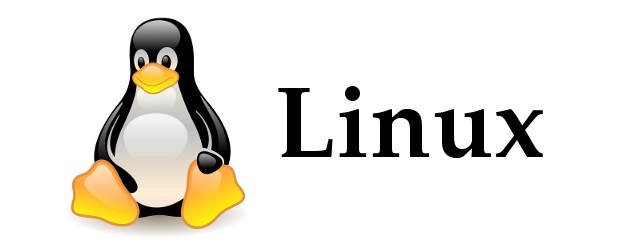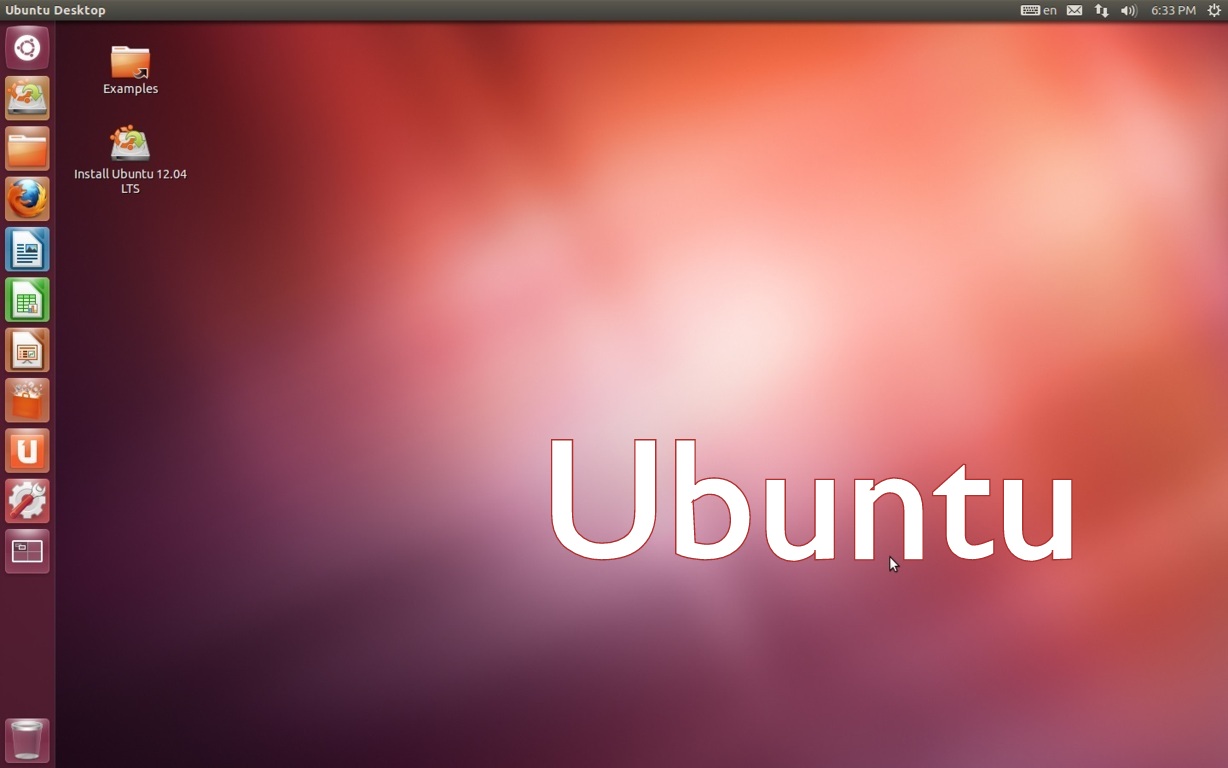-
Linux Advantages Considered
Linux is a widely used operating system and for good reason. Lets take a look at some of its advantages.
- Risk Factor: Software performance and security is implicitly dependent on the support it receives. There are some software which are applauded when they are first launched, but within some time, the creating company is found to be no longer in circulation or that it has withdrawn its support from this piece of Software. This effectively means that this Software will no longer see any upgradation, improvement or fixes. As time goes on therefore, this Software would inevitable erode and die. But Linux is Open Sourced, and it is owned, developed and supported by an enormous mass base. So Linux is continuously supported. There is therefore less risk of Linux ever becoming obsolete. Anyone is free to contribute and support Linux.
- Light Weight: Linux has the lowest requirement of specs for running a system than any other system, like Windows or Mac.
- Documentation: All developments inside the Linux community is shared openly, and this creates massive and orderly documentation, the like of which has never been seen in digital history, before or after Linux. The challenging environment has spurred even greater development, as the finest minds enter this field. At the same time, the detailed and orderly documentation that accompanies this development creates a wonderful learning atmosphere for, not only experts and professionals, but also the Beginners. Documentation on commands, libraries, and standards are all available openly on the Internet in a variety of formats including the Linux Documentation Project, the Arch Wild and so on. Further, there are special communities set up for the sole purpose of welcoming and guiding newcomers, examples of which are Ask Ubuntu and Reddit’s r/linuxquestions. Learning is self-paced for the Beginners, and full certification is provide at the end of specific course packages. These certificates are recognized in the IT Industry as passports to lucrative jobs.Improvements:
- Improvements: Linux is actively supported by the global community of developers. Updates are frequent, and come from the remote corners of the software world. Debugging is a regular activity, and bugs are identified and removed in record time. There is constant and efficient improvements in the body of Linux.
- Hardware Support: Unlike most of the other OS’s, Linux Kernel supports most of the Hardware automatically through plug-and-play. This is made possible largely by the ingenuity of the Open Source community. Other manufacturers try to take advantage of the worldwide popularity of Linux by developing Linux versions of their proprietary drivers which can now be easily installed via the software or manually.
- Business Support: Businesses now universally support Linux. Linux is definitely going to stay. This is absolutely essential, not only to Businesses, both existing and new, but also to the world market in Employment. A majority of the jobs generated by the software industry are supported by Linux. IT support by Linux is critical to the well being of millions of employees and thrier families worldwide. “Full stack Development” or rounded overall knowledge is the target of Developers around the Planet now.
- Interoperability: Windows and Macs uses NTFS and HFS+ , for which Linux has driver support, as well as Samba for file/print support on Windows machines. This gives Linux based systems unique Interoperability.
- Compatibility: Linux has the most varied and richest applications of all Programming Languages, and the number of applications far exceeds that of any other Open Source or Proprietary Languages. It covers office applications. Google Chrome and Mozilla Firefox are two of its most popular Web browsers. ‘Steam’ runs on Linux and has enormous support for the best video games. Media Players and Apps for Image/Video Processing run on Linux, and even Windows can be within Linux.
- Development Potential: Linux, being completely egalitarian from the start, was made for Developers, by Developers. Continuous honing of its tools have made it the most powerful Programming Language ever created. It has a strong ‘Shell’ which can perform both programming and administrative tasks, and makes Linux the automatic default choice for most projects. Linux has a series of powerful and customizable editors which suit any situation. It has its own ‘Notepad’ equivalent in ‘Gedit’ and text based editors like ‘Vim’ and ‘Emacs’. Atom, Sublime, and KomodoIDE are some of IDEs available for web development. Other critical development Software of Linux ‘Git’ for Version Control, and Apache for Setting up a local Web Server. Linux also has tools like Ruby, Heroku and Node.js which can be used in lieu of a GUI (Graphics User Interface).
- Customizable: Desktop themes and designs can be changed with Linux. Different environments have matched sets of options in Linux, such as, KDE, Pantheon, GNOME and XFCE.
- Linux is Free!

